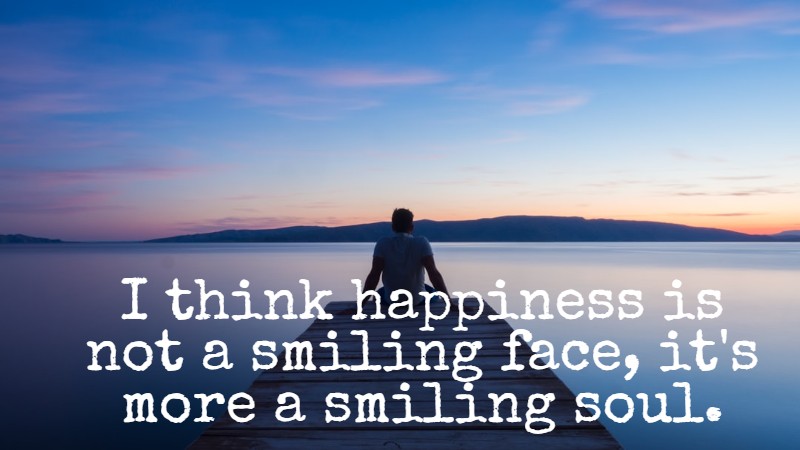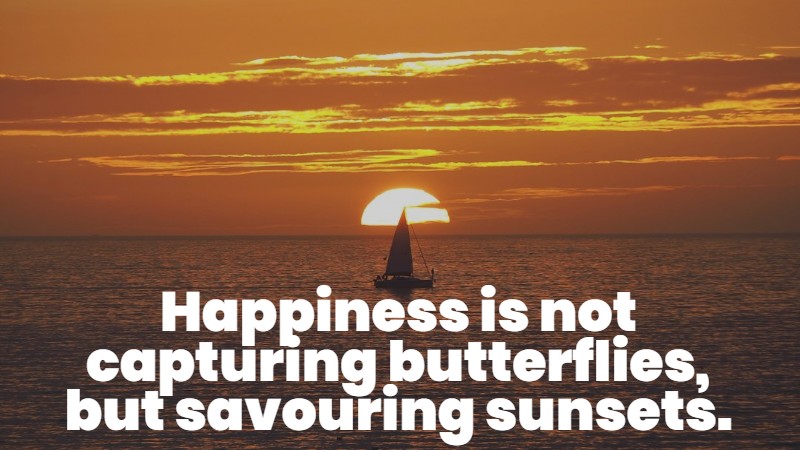Isn’t it enough to see that a garden is beautiful without having to believe that there are fairies at the bottom of it too?
Douglas Adams, The Hitchhiker’s Guide to the Galaxy
About the Author
Douglas Adams (1952-2001) was an English author, humorist, and screenwriter best known for creating “The Hitchhiker’s Guide to the Galaxy.”
The quote appears in “The Hitchhiker’s Guide to the Galaxy,” the first novel in his series, published in 1979. In the story, the character Vroomfondel makes this statement during a discussion about the search for ultimate truth and meaning.
A technology enthusiast ahead of his time, Adams owned the first Macintosh computer sold in Europe. He was friends with members of Monty Python and played guitar left-handed, even jamming with Pink Floyd at one of his birthday parties. Adams died suddenly of a heart attack at age 49 while exercising at a gym in California, leaving behind a rich legacy of work that continues to influence writers, scientists, and comedians.
The Meaning of the Quote
This quote offers a powerful perspective on how we appreciate reality. Adams suggests through his character that natural beauty stands on its own merits without requiring supernatural explanations. The garden metaphor asks us why we feel compelled to add magical elements to an already wonderful world.
At its core, the quote champions appreciating what’s directly in front of us. Many people rush past actual beauty while searching for hidden meanings or supernatural forces. They spend so much time looking for fairies that they miss the flowers.
A scientist friend once told me how this quote changed her approach to teaching biology. “I used to think I needed to add excitement to make students care about cells,” she said. “Then I realized the actual processes are already mind-blowing. Now I simply show students what happens under a microscope, and their jaws drop at what’s really there.”
Try applying this wisdom:
A photography teacher told me about a student who complained that landscapes were “boring” compared to fantasy digital art. He assigned her to photograph the same tree for thirty days. “By day fifteen, she saw things she’d never noticed—the texture of bark, the way branches create geometric patterns, how light filters through leaves. She stopped adding fantasy elements to her work because reality proved more fascinating.”
The quote also works as a gentle critique of our tendency to invent explanations when simple observation would suffice. We often add complications where none exist.
My neighbor gardened for forty years before dying at 92. When I complimented his garden’s beauty, he said, “Some folks think I have special secrets or tricks. Truth is, I just pay attention to what plants need and give it to them. No magic required.”
This perspective doesn’t reject wonder—it locates wonder properly in what exists rather than what doesn’t. The actual mechanisms of photosynthesis, pollination, and growth contain more complexity and beauty than any fairy tale could invent.
By appreciating the garden itself rather than imagining fairies beneath it, we ground ourselves in reality without losing our sense of awe. This outlook leads to deeper appreciation of what exists right in front of us.



Deja tu opinión sobre esto